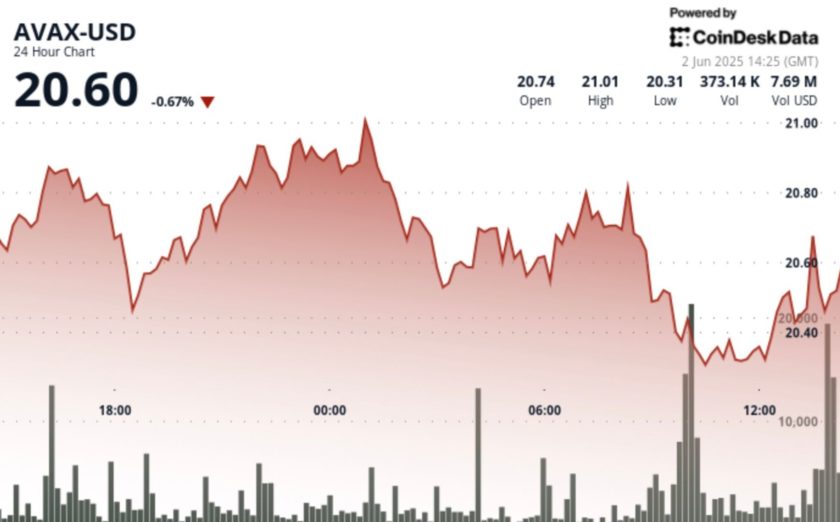Cryptocurrency wallet MyEtherWallet (MEW) in collaboration with crypto finance firm Bity are releasing a platform to convert cryptocurrency to fiat without Know Your Customer (KYC) requirements. MEW announced the news in a blog post published on Feb. 20.
Per the announcement, users of the MEW V5 wallet are now able to exchange up to 5,000 Swiss Francs ($4,995) worth Bitcoin (BTC) and Ethereum (ETH) to euros and Swiss francs without going through KYC requirements inside the wallet. Users can purportedly make the exchange from any part of the world.
KYC procedure enable organizations to verify the identity of their customers before or during dealing with them. Businesses can assess whether their clients are involved in illegal activities like money laundering or corruption.
To use so called “Exit-to-Fiat” option, customers have to choose the target digital and fiat currencies in the wallet dashboard. Users will further be asked to provide some personal data, including their phone number, banking details, official name of their bank account, and the billing address needed for compliance purposes.
Enhanced privacy and anonymity of cryptocurrencies have always been linked by the governments and regulators to illicit activities and the possibility of money laundering. Last month, the Cyberspace Administration of China (CAC) introduced new regulations for blockchain firms that are operating in the country.
The CAC guidelines require blockchain startups to allow authorities access to stored data, and to introduce registry procedures that would require ID card or mobile numbers from its users. Moreover, they will be obliged to oversee content and censor information that is prohibited under current Chinese law.
In April 2018, Amazon Technologies, Inc. received a patent for a streaming data marketplace that would permit the combining of multiple data sources, thereby enabling the real-time tracking of cryptocurrency transactions and the users involved. This would essentially lead to the de-anonymization of transactions involving Bitcoin, Ethereum or any other non-privacy cryptocurrency.




